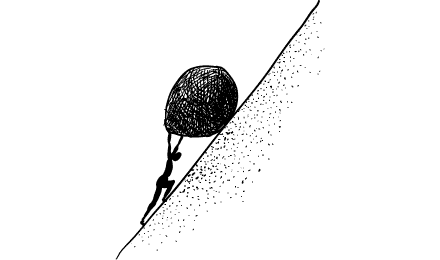Discovering Your True-Self is a Lot Like Peeling Layers of Cognitive Tendencies

THE FOLK concept of true selves is implicit in the everyday talk about “who you really are,” “being yourself,” and “finding yourself.”
These phrases imply the existence of a fundamental layer of a person’s identity that defines them as an individual.
In fact, we’re often bombarded with the adage to “be yourself.”
Adam Grant wrote¹ in the New York Times that “we are in the Age of Authenticity, where ‘be yourself’ is the defining advice in life, love, and career.” A study² from 2011 found that in college commencement speeches, one of the most common messages was “Be True to Yourself.”









